Attacks on shipping in the Red Sea, piracy in the Strait of Malacca, cyber threats to seaports, and 150 incidents of piracy and armed robbery were the focus of discussions at the UN Security Council.

- Europe and Arabs
- Tuesday , 12 August 2025 9:1 AM GMT
New York: Europe and the Arabs
Attacks on shipping in the Red Sea, piracy in the Strait of Malacca, and cyber threats lurking at seaports... these are all challenges facing maritime navigation. Last year saw approximately 150 incidents of piracy and armed robbery. Against this backdrop, the UN Security Council held a high-level debate on Monday entitled "Maritime Security: Prevention, Innovation, and International Cooperation to Address Emerging Challenges." According to the UN Daily News Bulletin, a copy of which we received this morning, Tuesday, the Secretary-General of the International Maritime Organization, Mr. Arsenio Dominguez, said that shipping transported more than 12.3 billion tons of goods in 2024, thanks to the efforts of 1.9 million seafarers, making it a vital engine of the global economy.
He emphasized that the shipping sector is resilient in the face of geopolitical tensions and the COVID-19 pandemic. However, he emphasized that this resilience should not make us forget the ongoing threats facing the sector, as "the safety and security of the maritime sector are essential for economic stability, sustainable maritime development, and livelihoods." The UN official highlighted alarming figures, with nearly 150 incidents of piracy and armed robbery reported in 2024, particularly in the Straits of Malacca and Singapore, the Indian Ocean, and West Africa, endangering the lives of seafarers and the safety of global trade.
Threats Beyond Piracy
Dominguez also noted that security threats go beyond piracy to include unlawful attacks on international shipping in the Red Sea region, which violate international law and freedom of navigation. The industry also faces other challenges such as cyberattacks, drug trafficking, and fraudulent activities that threaten to undermine international systems for ensuring the safety and security of vessels.
Dominguez expressed his gratitude to the Security Council for recognizing the seriousness of the situation, commending its resolutions calling for an immediate end to attacks on international shipping and emphasizing the importance of seafarers and maritime security for the stability of global supply chains. The IMO Secretary General concluded his remarks by stating that the collective response must be based on "prevention, continued vigilance, innovation, and enhanced regional and international cooperation," emphasizing that maritime security is a shared responsibility, and that the safety of navigation and the lives of seafarers depend on the collective commitments of all parties.
He also emphasized that the safety of the maritime sector and environmental protection go hand in hand, calling for support for countries in strengthening their capacity to respond to maritime pollution incidents.
INTERPOL: An Important Tool in Addressing Maritime Threats
Mr. Valdesi Urquiza, Secretary General of the International Criminal Police Organization (INTERPOL), said that INTERPOL is where multilateral commitments become practical, helping member states achieve tangible results in addressing the threats of maritime crime.
As a neutral organization, INTERPOL serves as a trusted global information hub, connecting law enforcement agencies in 196 member countries through secure communications systems and mobile databases that host more than 100 million criminal records and are accessed more than 8 billion times annually. Valdesi Urquiza said the organization's maritime security database gathers real-time intelligence on incidents, vessels, and criminal networks shared with us by countries.
He explained that INTERPOL coordinates multilateral operations, both on land and at sea, provides real-time intelligence analysis of shared information, and brings together law enforcement agencies from across jurisdictions, thereby enhancing cooperation, building trust, and achieving results, he said.
"Through our Maritime Security Programme, we help countries enhance security and coordination in vital waterways, in collaboration with donors and international partners such as the International Maritime Organization and the United Nations Office on Drugs and Crime," he continued.
Neutrality of Sea Lanes
Panama's President, José Raúl Molino, chaired today's Security Council meeting on maritime security, reaffirming his country's unwavering commitment to the neutrality of sea lanes and supporting ocean security. Molino, whose country holds the Council presidency for August, emphasized that "Panama has never been, and never will be, a haven for those who violate international law or threaten ocean security." He added that "behind every Panamanian flag flown on a ship stands a nation that supports security, oversight, and transparent compliance with existing regulations," noting that maintaining the neutrality of these waterways is essential for international peace, security, and global stability. He cited the Panama Canal as evidence that neutrality is "a fundamental contribution to world peace and the development of international trade," and that "the safe passage of all ships in times of peace and war is a guarantee of global maritime security."


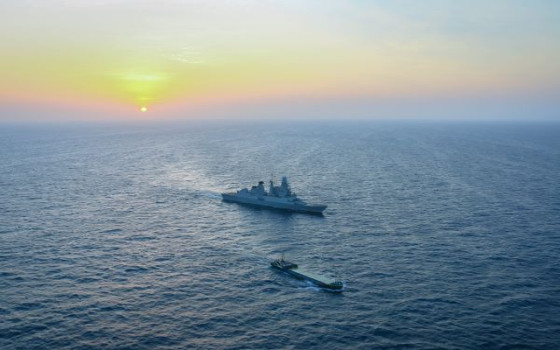
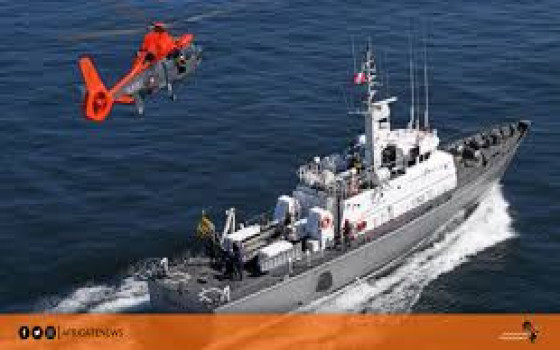
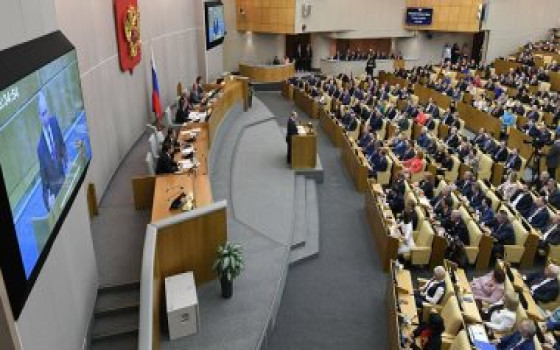
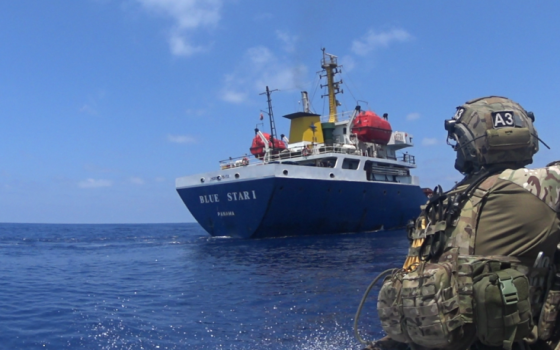
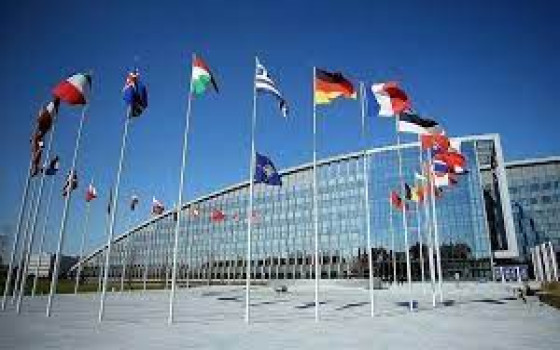
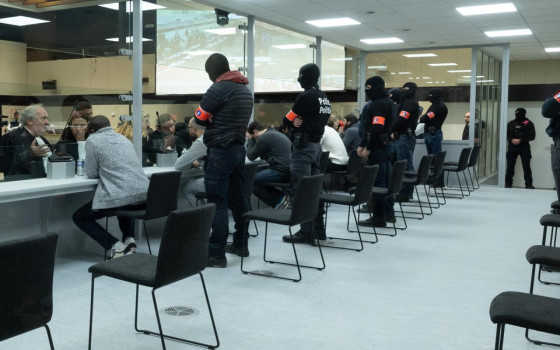

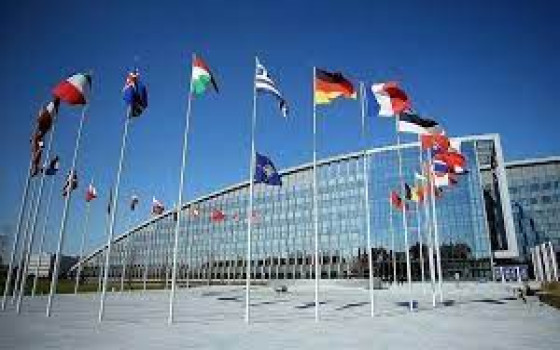

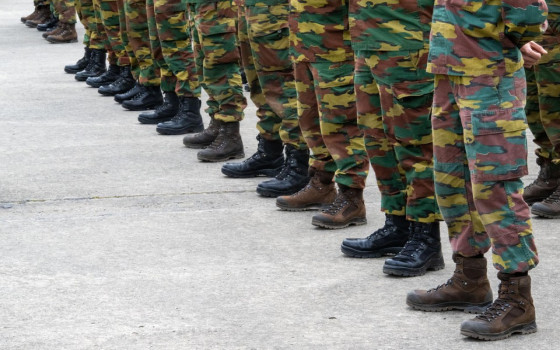


No Comments Found